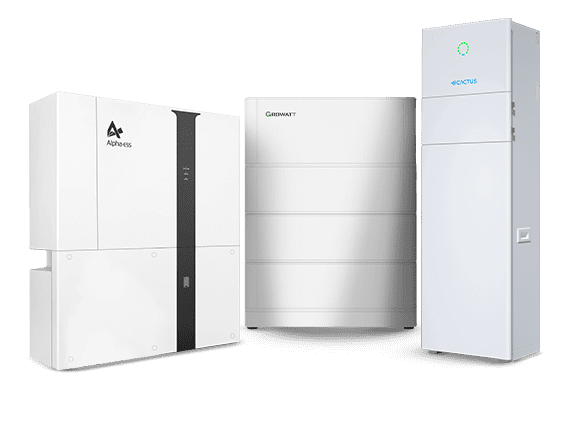Solar Battery for House: Power Your Home Efficiently
As electricity prices continue to rise across Australia, more households are turning to renewable energy to cut costs and secure long-term sustainability. One of the most effective solutions is investing in a solar battery for house. A solar battery allows homeowners to store excess energy generated by solar panels during the day and use it at night or during power outages. This ensures consistent energy supply, improved efficiency, and reduced reliance on the grid.
Why Choose a Solar Battery for Your Home?
A solar battery is more than just an accessory for your solar system—it is an investment in energy independence and financial stability. By installing one, you can:
- Reduce electricity bills: Use stored energy during peak hours when grid electricity is most expensive.
- Enjoy reliable backup power: Keep essential appliances running even during blackouts.
- Increase home value: Homes with advanced solar solutions are attractive to future buyers.
- Contribute to sustainability: Minimize your carbon footprint by maximizing renewable energy use.
How Does a Solar Battery Work?
When paired with residential solar systems, solar batteries operate seamlessly. Solar panels generate electricity during the day, which powers your household first. The unused energy is then stored in the battery for later use. At night or during cloudy days, this stored energy becomes your main power source, ensuring uninterrupted electricity supply.
Key Factors That Influence Solar Battery Price
Before purchasing a solar battery, it is important to understand what affects the overall cost:
1. Storage Capacity
The size of the battery, measured in kilowatt-hours (kWh), determines how much energy can be stored. Higher capacity batteries cost more but provide longer backup time.
2. Battery Technology
Lithium-ion batteries are the most common choice due to their durability, efficiency, and compact size. While they are slightly more expensive than older technologies, they deliver long-term value.
3. Brand and Warranty
Well-known brands may cost more initially but usually provide longer warranties and greater reliability. Always consider warranties of at least 10 years for peace of mind.
4. Installation Costs
Every home is different. Factors such as existing infrastructure, compatibility with your solar panels, and additional electrical work can affect installation expenses.
5. Added Features
Some batteries include smart monitoring apps, built-in inverters, or blackout protection systems. These improve performance but can increase overall cost.
Benefits of Installing a Solar Battery for House
Energy Independence
With a solar battery, you rely less on the grid and protect yourself from rising electricity prices.
Long-Term Savings
By storing excess energy and using it strategically, households reduce their electricity bills significantly over time.
Consistent Power Supply
A solar battery provides uninterrupted energy for critical appliances such as refrigerators, medical devices, or home office setups during outages.
Eco-Friendly Choice
Maximizing your use of renewable energy reduces your reliance on fossil fuels, helping create a sustainable future.
Tips for Choosing the Right Solar Battery
- Assess Your Energy Needs – Check your daily electricity usage and peak demand hours.
- Match Battery Capacity – Select a battery that fits your lifestyle rather than over- or under-sizing.
- Check Compatibility – Ensure your solar system and inverter are compatible with the battery.
- Prioritize Warranty – Choose brands with strong after-sales support and reliable warranties.
- Hire Professionals – Always work with certified installers for safe and efficient integration.
Conclusion
A solar battery for house is one of the smartest investments homeowners can make today. It delivers energy independence, reduced electricity bills, reliable backup power, and a greener lifestyle. When paired with advanced residential solar systems, a solar battery ensures maximum efficiency and long-term savings.
By choosing the right battery capacity, brand, and professional installation, you can future-proof your home against rising energy costs and enjoy the benefits of clean, renewable power.
Frequently Asked Questions
Q1: How much does a solar battery for house cost?
The cost varies depending on capacity, brand, and installation, but most residential batteries in Australia range between AUD 5,000 and AUD 15,000.
Q2: Can I add a solar battery to my existing solar system?
Yes. Most residential solar systems can be upgraded with a compatible battery for enhanced energy storage.
Q3: How long does a solar battery last?
Lithium-ion solar batteries typically last 10–15 years, depending on usage and maintenance.
Q4: Does a solar battery save money in the long run?
Yes. By using stored energy during peak hours, households reduce reliance on expensive grid electricity and save significantly over time.
Q5: Is professional installation necessary?
Absolutely. Certified installers ensure safe integration, compliance with Australian standards, and optimal battery performance.




Leave a Reply
Want to join the discussion?Feel free to contribute!